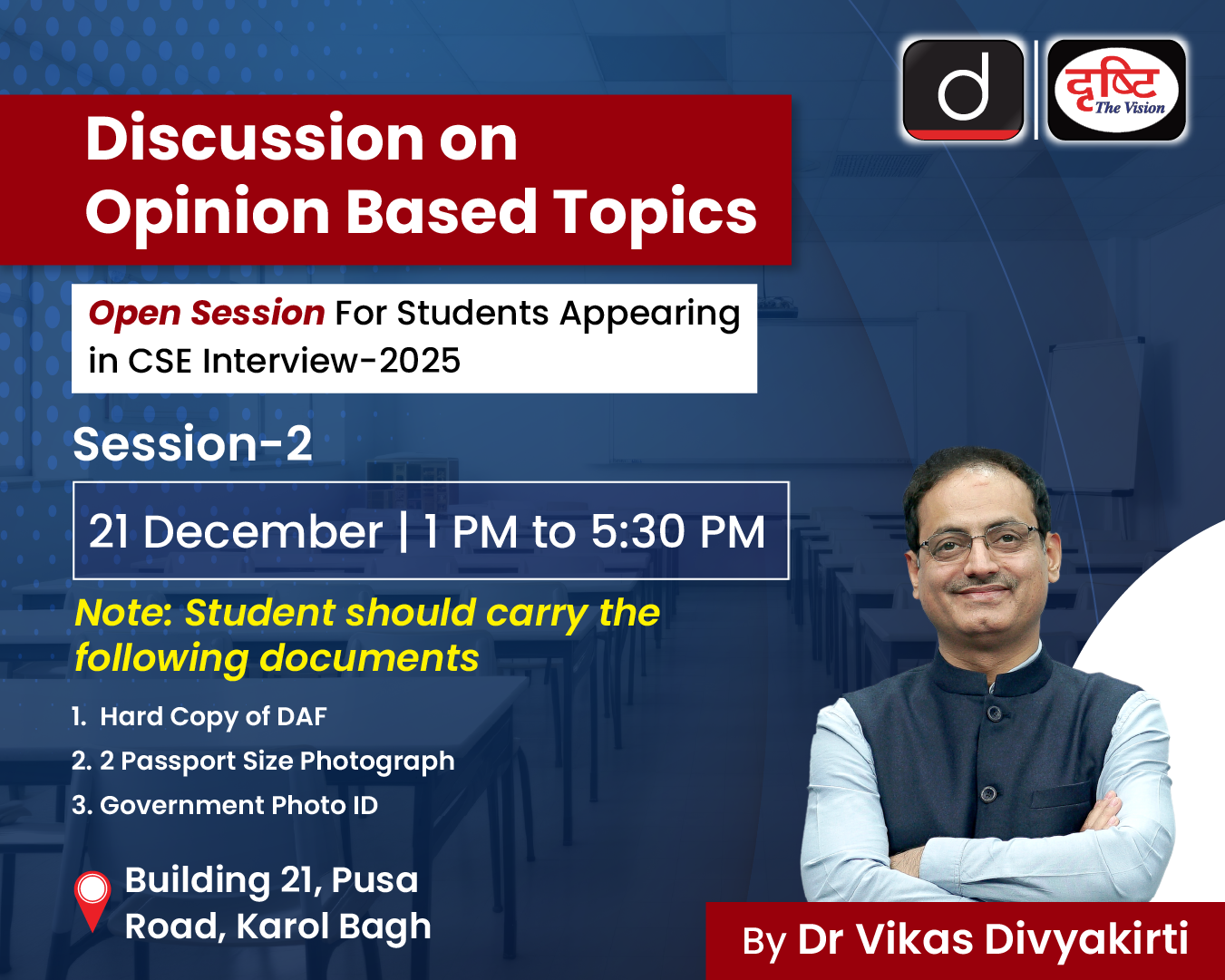Governance
Government Brings GSTN under PMLA Ambit
- 13 Jul 2023
- 6 min read
For Prelims: PMLA, GSTN, Financial Intelligence Unit , Goods and Services Tax(GST)
For Mains: Legal and regulatory framework in India to combat money laundering, Prevention of Money-Laundering Act (PMLA) and its objectives, Impact of money laundering on the economy.
Why in News?
Recently, the government has issued a notification, bringing the Goods and Services Tax Network (GSTN) under the ambit of the Prevention of Money Laundering Act, 2002 (PMLA).
- These changes have been made under Section 66 of the PMLA, which provides for disclosure of information.
Why has GSTN been Brought Under the PMLA Ambit?
- This move aims to enhance the fight against money laundering and strengthen efforts to combat Goods and Services Tax(GST) fraud.
- The notification amends a previous 2006 notification, allowing for improved information sharing between the GSTN, Enforcement Directorate (ED), and Financial Intelligence Unit (FIU) under the provisions of the PMLA Act, 2002.
- Recently, over 69,600 suspected GST identification numbers were identified for physical verification by field tax officials in a two-month-long drive against fake registrations.
- Of these, over 59,000 were verified, and 25% were found to be non-existent.
What is Goods and Services Tax Network?
- GSTN has developed an Indirect Taxation platform for GST in India.
- The platform helps taxpayers in preparing, filing returns, making payments, and complying with indirect tax regulations.
- It provides IT infrastructure and services to the Central and State Governments, taxpayers, and other stakeholders.
- GSTN is a not for profit, limited by shares, Government Company. It was incorporated in 2013 under Section 25 of the Companies Act, 1956 (Now Section 8 of the Companies Act, 2013).
- The company is headed by a chairman who is appointed by the Government.
- The Board of GSTN in its 49th Board Meeting held in June 2022 has approved the conversion of GSTN into Government Company and hence 100% of the shareholding being held by Government (50% with Union Government and 50% jointly with State Governments & UTs) in GSTN.
What is the Prevention of Money Laundering Act (PMLA), 2002?
- Background:
- The PMLA was enacted in response to India’s global commitment (Vienna Convention) to combat the menace of money laundering. These include:
- United Nations Convention Against Illicit Traffic in Narcotic Drugs and Psychotropic Substances 1988
- Basle Statement of Principles, 1989
- Forty Recommendations of the Financial Action Task Force on Money Laundering, 1990
- Political Declaration and Global Program of Action adopted by the United Nations General Assembly in 1990.
- The PMLA was enacted in response to India’s global commitment (Vienna Convention) to combat the menace of money laundering. These include:
- About:
- It is a criminal law enacted to prevent money laundering and to provide for the confiscation of property derived from, or involved in, money-laundering and related matters.
- It forms the core of the legal framework put in place by India to combat Money Laundering.
- The provisions of this act are applicable to all financial institutions, banks (Including RBI), mutual funds, insurance companies, and their financial intermediaries.
- Objectives:
- Confiscate and seize proceeds of crime that are laundered, generated, or acquired through criminal activities.
- Establish a legal framework for the prevention of money laundering and terrorist financing.
- Strengthen and improve the mechanism for investigation and prosecution of money laundering offenses.
- Enhance international cooperation in the fight against money laundering and related crimes.
- Regulating Authorities:
- Directorate of Enforcement (ED):
- The ED is responsible for enforcing the provisions of the PMLA and investigating money laundering cases.
- Financial Intelligence Unit – India (FIU-IND):
- Unit of the Indian Government's Department of Revenue.
- Gathers financial intelligence on money laundering offenses.
- Operates under the PMLA, 2002.
- Sections 12 of PMLA require reporting entities to maintain transaction records, furnish information on prescribed transactions to the Director of FIU-IND, and verify the identity of clients and beneficial owners.
- Collaborates with enforcement agencies and foreign FIUs.
- Directorate of Enforcement (ED):
UPSC Civil Services Examination, Previous Year Questions (PYQs)
Q.1 What is/are the most likely advantages of implementing ‘Goods and Services Tax (GST)’? (2017)
- It will replace multiple taxes collected by multiple authorities and will thus create a single market in India.
- It will drastically reduce the ‘Current Account Deficit’ of India and will enable it to increase its foreign exchange reserves.
- It will enormously increase the growth and size of economy of India and will enable it to overtake China in the near future.
Select the correct answer using the code given below:
(a) 1 only
(b) 2 and 3 only
(c) 1 and 3 only
(d) 1, 2 and 3
Ans: (a)
Mains
Q.1 Discuss how emerging technologies and globalization contribute to money laundering. Elaborate measures to tackle the problem of money laundering both at national and international levels. (2021)
Q:2 Explain the rationale behind the Goods and Services Tax (Compensation to States) Act of 2017. How has COVID-19 impacted the GST compensation fund and created new federal tensions? (2020)







